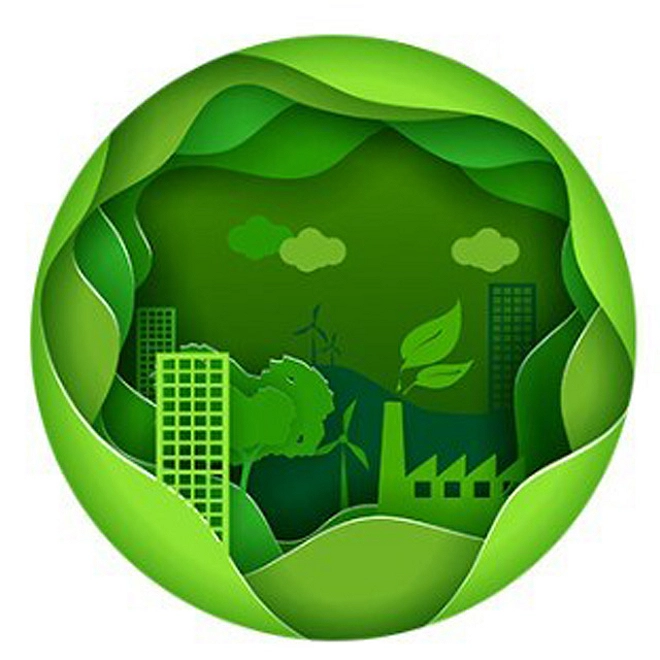Pathways towards circular plastics
A point of view on how to move from linear to circular
Plastics are deeply rooted in our daily lives and have a significant footprint in terms of litter, CO2, and micro-plastics. This paper presents four essential pathways towards circularity, encompassing regulatory change and collaboration across industries.
Deloitte is dedicated to contributing to environmental sustainability. Based on our professional experience across the entire plastics ecosystem, we provide an update on the environmental impact of plastics and present four essential pathways towards circularity.
Although acknowledged as an extraordinary human invention with a vast set of exceptional features and applications, plastics have to transition from a linear to a circular lifecycle in order to preserve our planet.
This paper emphasizes the need for regulatory change and cross-industry collaboration along four different pathways.
The first pathway is to create a level playing field across the EU and to enable plastics traceability. The second one focuses on product design principles for brand owners to minimise the volume to be recycled. The third one aims to scale up mechanical recycling and mature the chemical recycling technologies. Lastly, the fourth pathway demonstrates how governments can incentivise stakeholders to embrace circularity.
We hope you will enjoy the read and we are looking forward to joining forces to make plastics circular.



